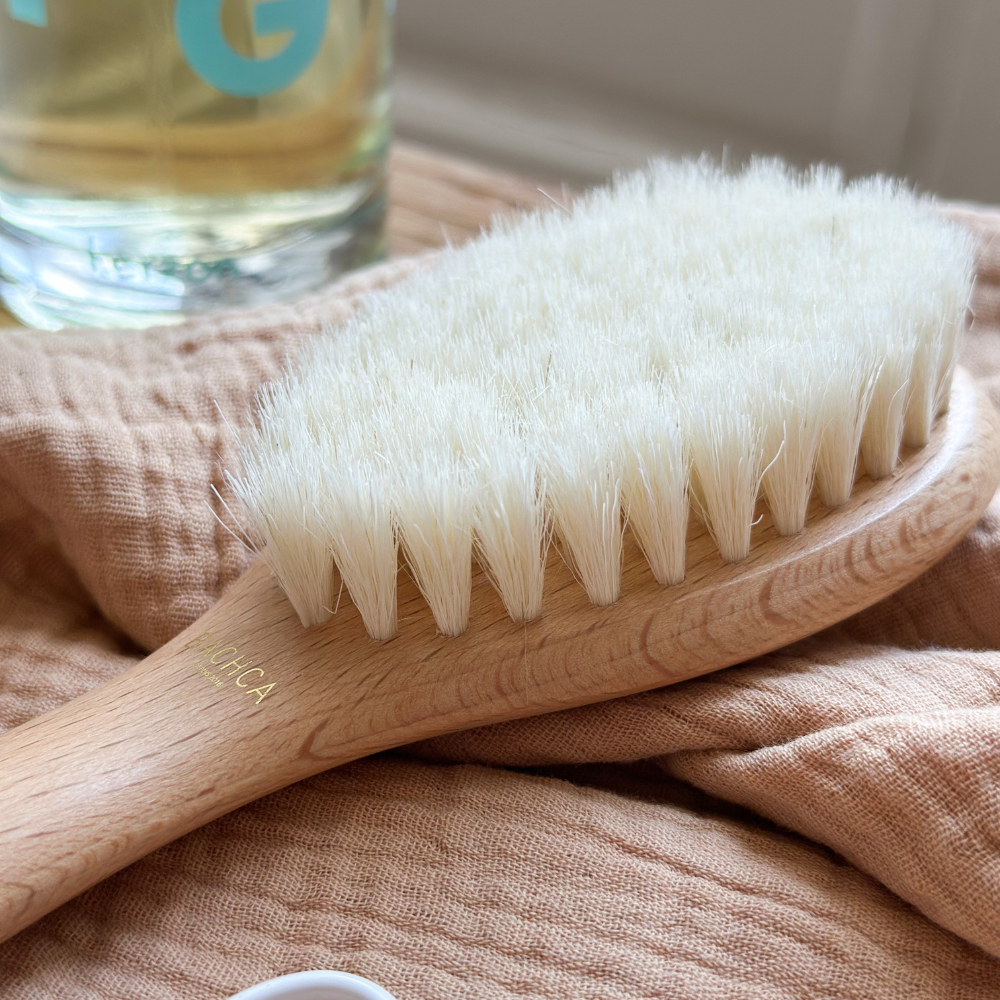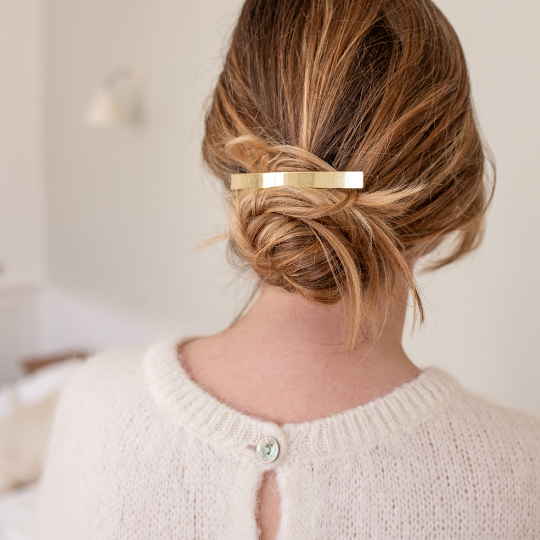
Postpartum hair loss, what to do?
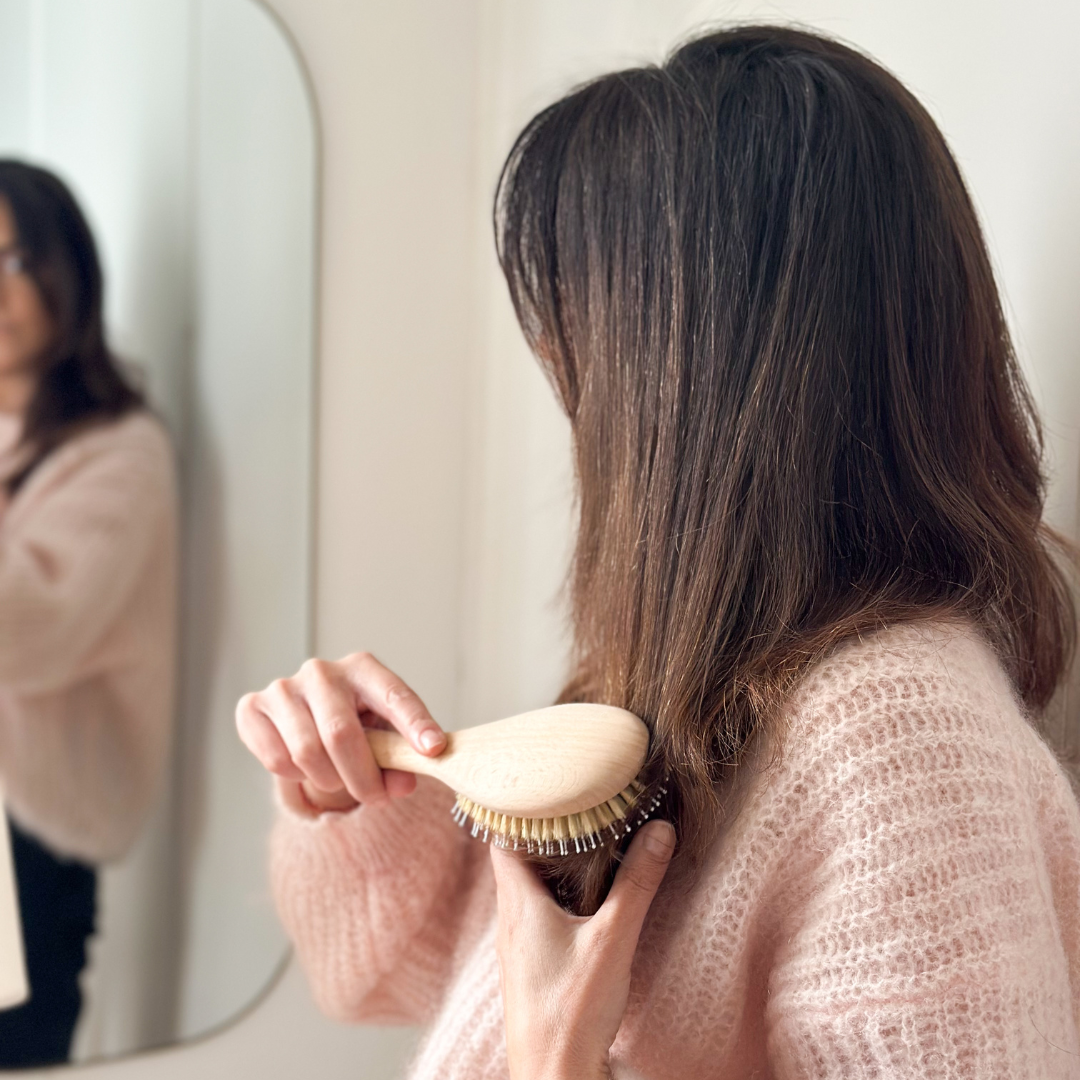
Why do we lose our hair after pregnancy?
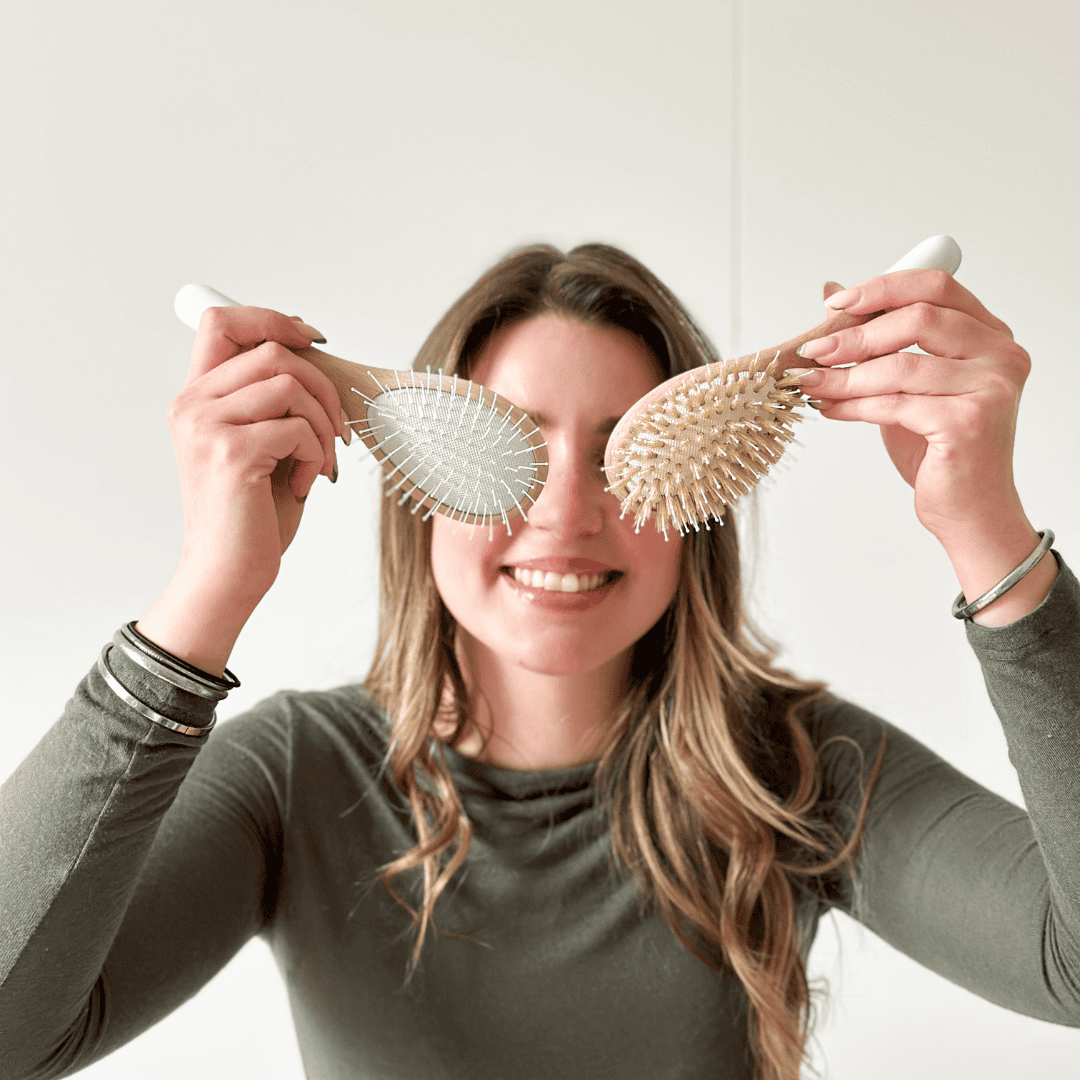
The right actions to limit hair loss and encourage regrowth
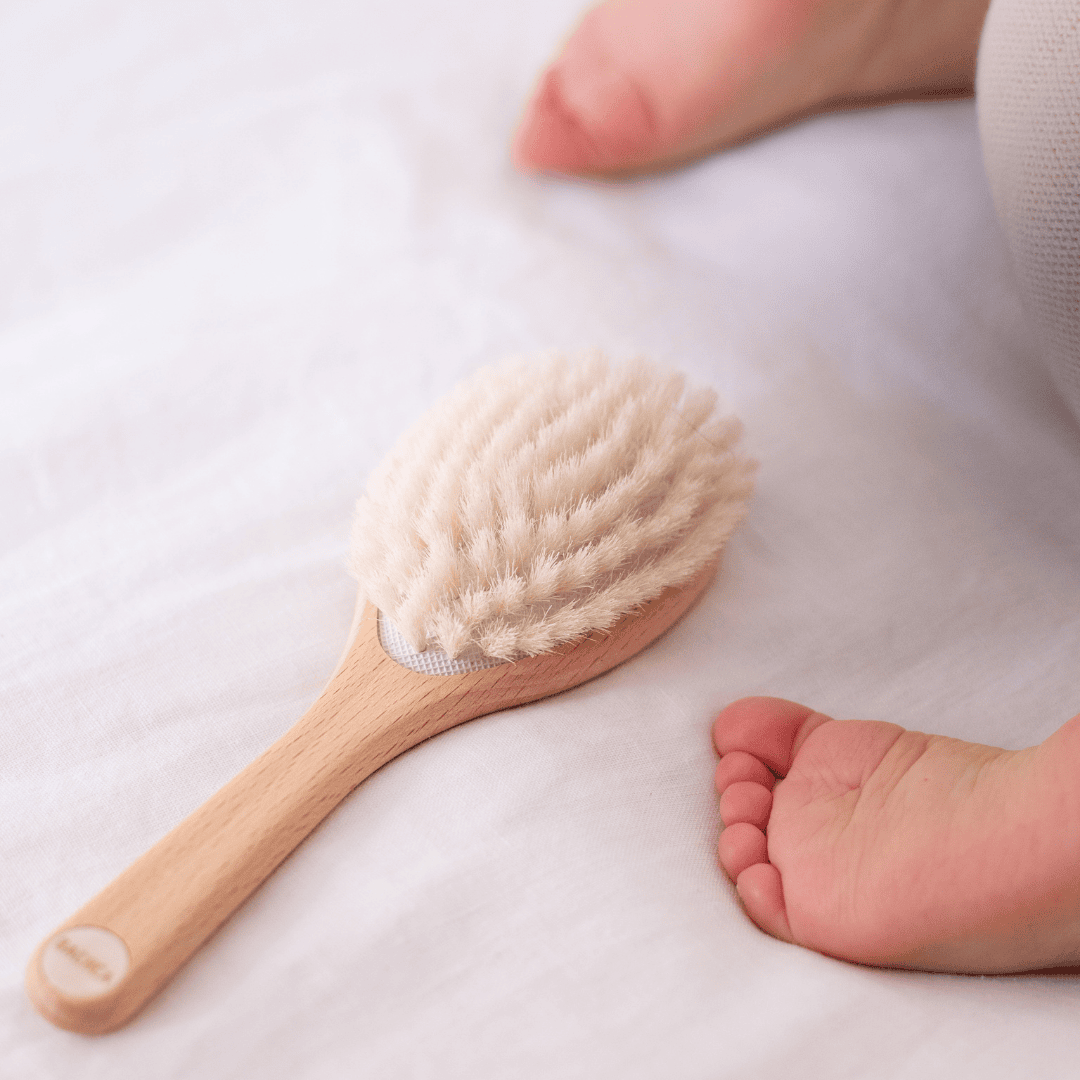
A healthy lifestyle to support hair health
I want beautiful hair
Do your Bachca diagnosis to receive lots of tailored advice & find out which brush is right for your hair.


